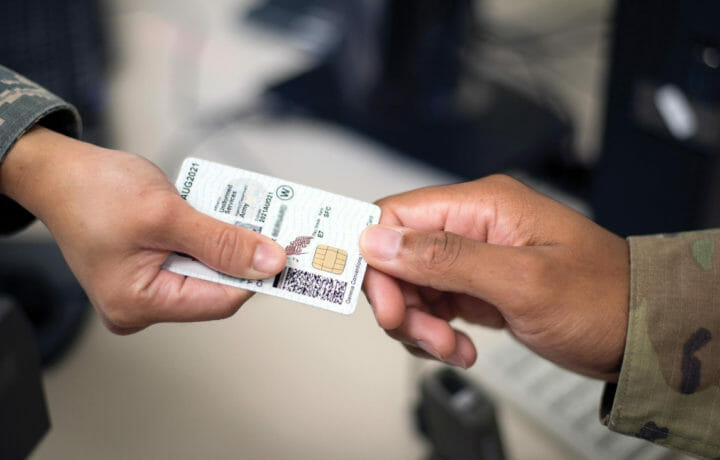What the government giveth the government can (usually) taketh away. Most Clearancejobs readers know that this rule certainly applies to security clearances, which are legally considered a privilege as opposed to a right. What fewer have likely considered is that the rule also applies to the Common Access Card, or “CAC” – a fixture of federal government offices everywhere.
CAC Revocation – How Does It Work
How and when a CAC can be revoked varies among federal agencies. But the largest issuer of CAC’s, the Department of Defense, has some very clear, if not totally obscure, guidance on the topic. The guidance can be found at DoD Instruction 5200.46, which provides for a well-established system of due process, including a right to notice, an opportunity to respond, and the right to appeal an adverse decision to an Administrative Judge at the Defense Office of Hearings and Appeals. The system closely resembles the administrative due process afforded to those facing a security clearance denial or revocation. That process is well-known to government managers and security officials, some of whom, it seems, have settled on revoking CAC’s as a quicker and easier means of jettisoning undesirable employees.
The fact that CAC revocations require substantially similar administrative due process often comes as an enormous surprise to these folks, who occasionally purport to summarily and unilaterally revoke an employee’s CAC simply because they feel like it.
In my experience, the worst offenders tend to be military base commanders, who are generally granted wide latitude in determining who they do and do not want on base and who frequently misinterpret this authority as authorization to revoke CAC’s on a whim. Just recently, my office encountered a case where a Navy contractor received an email from his Command Security Office claiming that his CAC had been revoked for unspecified reasons and ordering him to surrender it without any due process. This was not only a false statement but a violation of DoD policy. Nonetheless, the Command aggressively persisted until my office got involved and swatted the efforts down.
Mysterious CAC Revocation – Don’t Fall For It
I raise this issue because what I see in my law practice is a microcosm of what’s happening across government writ large. If one person calls my office inquiring about an arbitrarily revoked CAC and resultant unemployment, that means there are countless more running into the same issue. Unfortunately, most of these people don’t think to consult an attorney, don’t know that what’s happening to them is a violation of agency policy, or are simply too intimidated by the government’s imposing security apparatus to push the issue and vindicate their rights.
So, if you’re a DoD employee or contractor and you ever encounter someone claiming that your CAC has been mysteriously revoked, know that it doesn’t work that way and you do have a right to some due process first. Don’t be shy about demanding it.
This article is intended as general information only and should not be construed as legal advice. Consult an attorney regarding your specific situation.




